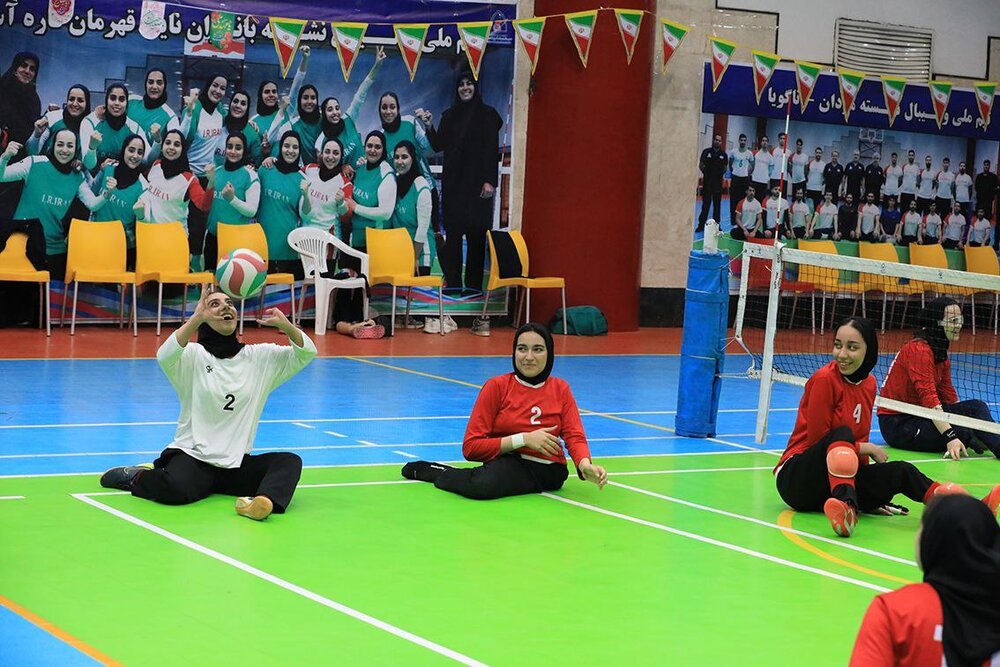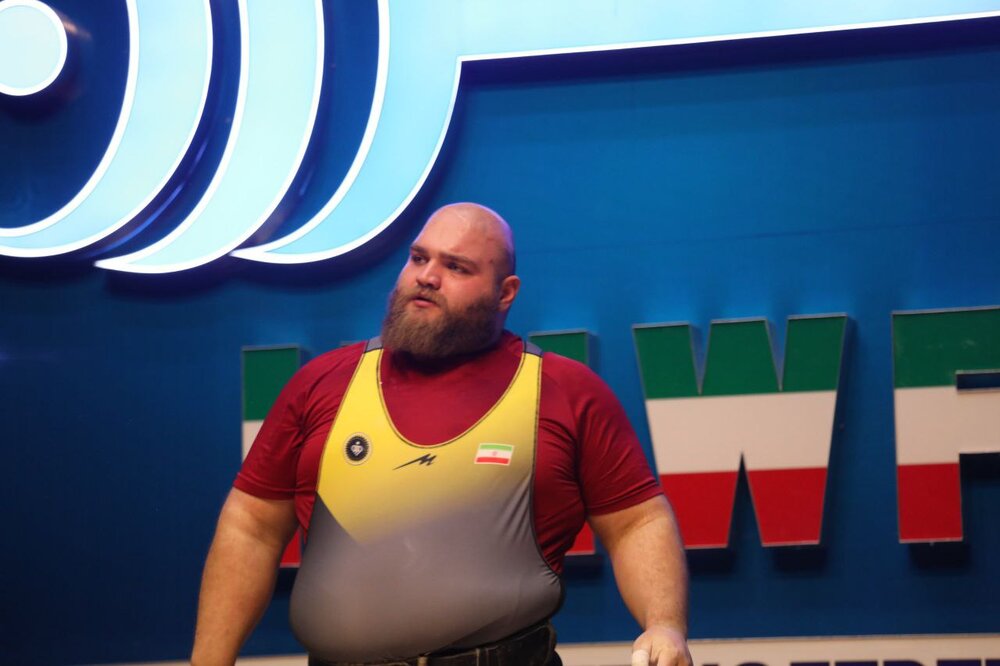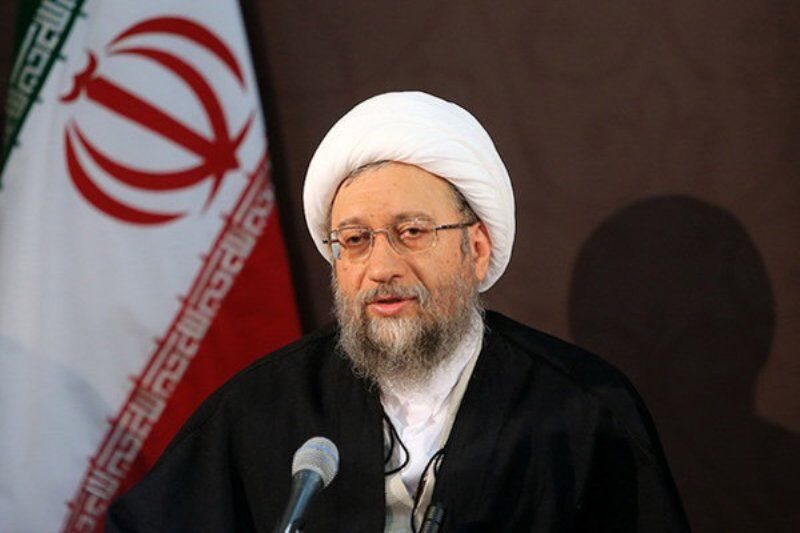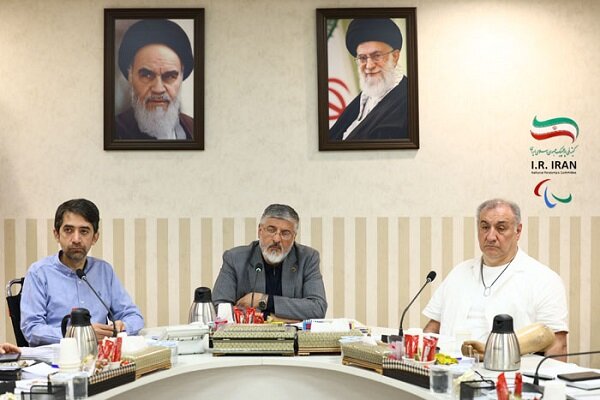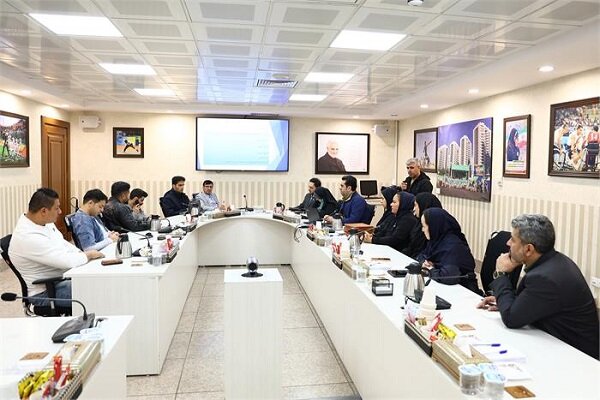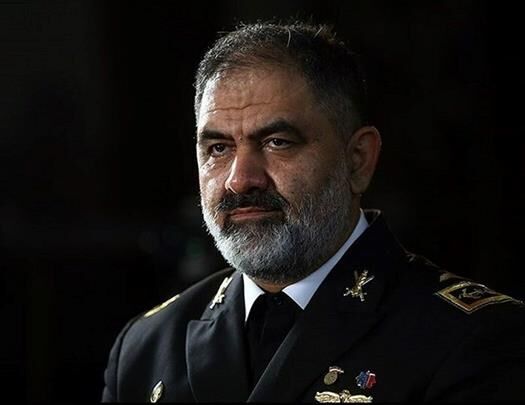Dying while waiting: Gaza’s wounded trapped as Israel blocks medical evacuations
Dying while waiting: Gaza’s wounded trapped as Israel blocks medical evacuations

From her hospital bed in Khan Younis, Baraa Abu Zaid counts the days - not in hope of recovery, but in fear that her turn for evacuation will never come.
Once a mother of three, the Palestinian woman fled her home in Rafah, southern Gaza, when Israel launched its ground invasion there in mid-2024.
Soon after, her family’s tent in Khan Younis was hit by a drone strike. Two of her children were killed instantly; she and her eldest son, 13-year-old Obaida, were critically wounded.
“We were taken to the hospital for treatment, but the dire health conditions, the lack of basic medicines and treatments, and the collapse of the health system prevented us from receiving proper care,” she told Middle East Eye.
Doctors at the overwhelmed hospital said both needed urgent surgery abroad. But Gaza’s last lifeline - the Rafah crossing with Egypt - had been sealed by Israel’s army.
The medical transfer requests prepared by the health ministry became meaningless paperwork. Within two weeks, Obaida succumbed to his wounds.
Like tens of thousands of critically wounded people in Gaza, Abu Zaid had pinned her hopes on the ceasefire signed between Israel and Hamas in October.
Under its terms, the Rafah crossing was meant to reopen to allow the wounded to seek treatment abroad. But more than a month later, Israel has refused to do so - one of many violations of the truce.
“I feel every day that my end is near,” Abu Zaid said. “I suffer from several injuries that require multiple surgeries and special medical care. My name is on the travel list for treatment abroad, but I fear I don’t have enough time left to wait.”
Bedridden at Nasser Hospital in Khan Younis, her physical and psychological condition worsens by the day.
“I feel feverish every day, and I can see my wounds becoming infected because there is no medicine available,” she said. “All of this threatens my life and puts me in grave danger.”
‘Pain and waiting’
Abu Zaid is one of thousands trapped in Gaza’s deepening medical catastrophe.
Since Israel launched its two-year genocidal war in October 2023, Gaza’s health system has been subjected to deliberate and systematic attacks, pushing it to the brink of collapse.
Hospitals have reportedly been bombed and raided, while hundreds of doctors and medical workers have been killed or detained.
Today, only a handful of health centres remain partially functional, providing the bare minimum of care and surviving on critically scarce fuel and medical supplies.
The attacks on hospitals have coincided with relentless bombardment, leaving hundreds dead or wounded each day and overwhelming what remains of Gaza’s health services.
In two years, Israel has killed nearly 70,000 people and wounded more than 170,000.
'His condition kept worsening, and he died after about two weeks of pain and waiting'
- Rajab Abu Qasem, Gaza resident
More than 7,600 of those injured in the early months of the war managed to evacuate for treatment abroad through the Rafah crossing into Egypt.
But since Israel invaded Rafah in 2024, the crossing has been sealed, cutting Gaza off from the outside world.
According to Gaza’s Government Media Office, more than 9,300 wounded and sick Palestinians have died since October 2023 due to the collapse of medical care and Israel’s ban on medical evacuations.
Omar Abu Qasem, 19, was among those who died in Gaza due to a lack of treatment, his brother Rajab Abu Qasem told MEE.
The family's house in central Gaza was bombed, moderately wounding their father.
Omar, however, sustained serious wounds and suffered burns all over his body.
“He could not receive the necessary treatment due to the collapsing medical situation and the overwhelming number of wounded arriving at hospitals,” Rajab told MEE.
“His condition kept worsening, and he died after about two weeks of pain and waiting.”
22,000 on evacuation lists
An estimated 22,000 people remain on waiting lists for urgent evacuation, the media office says.
Ismail al-Thawabteh, spokesperson for the office, described the closure of crossings and the blockade on medical supplies as “a deliberate crime aimed at perpetuating civilian suffering”, accusing Israel of using “human pain as a political bargaining chip”.
“Preventing the wounded and sick from obtaining their right to treatment abroad is a threat to their lives,” Thawabteh told MEE.
“It aggravates their suffering and signals a grave danger looming over the already dire humanitarian situation for patients and their families.”
The World Health Organization estimates that around 16,500 people urgently need medical evacuation, including some 4,000 children.
Among them is nine-year-old Kinan Abu Mohsen, who has a piece of shrapnel lodged in his head.
His mother said his condition is currently stable, but his life is at serious risk without urgent treatment abroad.
“The shrapnel in his head must be removed before it causes paralysis in the near future. He urgently needs to travel for treatment abroad so we can save him,” she told MEE.
“I spend nights by his side, crying in sorrow over his health.”




